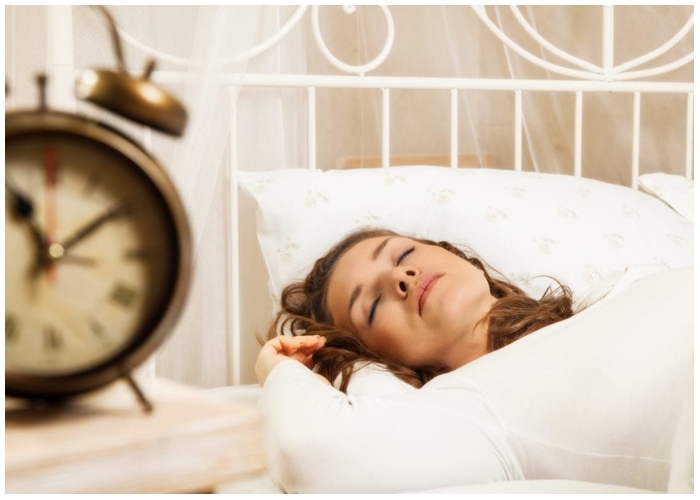Ditch the overpriced sleep aids and extreme morning regimens—this year’s most powerful health trend doesn’t cost a thing. In 2025, more people are learning that syncing with their body’s natural rhythm is the key to better energy, mood, and mental sharpness. The solution? A simple but science-backed approach called circadian syncing—a method of adjusting your sleep-wake cycle to mirror your body’s internal timing. It’s free, grounded in biology, and refreshingly manageable.
What Does It Mean to Sync Your Sleep?
At its core, sleep syncing involves tuning your rest habits to match your internal clock—what scientists call the circadian rhythm. This built-in timekeeper controls more than just sleep; it regulates hormone cycles, digestion, alertness, and even temperature throughout a 24-hour period. When your schedule supports this rhythm, your system runs more smoothly—you wake up feeling alert and wind down more easily at night.
In today’s post-grind culture climate, there’s a growing shift away from the glorification of late nights and coffee-fueled mornings. Instead, people are prioritizing alignment over adrenaline.
Why Now? What’s Fueling the Shift?
Several cultural and lifestyle changes have pushed sleep syncing into the wellness spotlight:
- The global burnout crisis after the pandemic prompted a reevaluation of sleep quality.
- More remote work has given people the freedom to experiment with natural routines.
- Wearable devices and sleep-tracking apps offer real-time insights into sleep efficiency.
- Social media influencers have popularized easy-to-follow “circadian-friendly” routines.
This shift is less about trends and more about reclaiming rest as an essential health tool.
How to Know If You’re Out of Rhythm
If any of these sound familiar, your sleep habits may need a tune-up:
- You’re exhausted when waking, even after 7–8 hours of sleep
- It takes ages to fall asleep, or you’re wired late at night
- You rely on multiple cups of coffee to function
- You experience sudden mood dips or lack focus by midday
- Your appetite feels unpredictable or digestion is off

healthline - Simple Ways to Sync Naturally
Unlike extreme routines, syncing your circadian rhythm doesn’t require perfection. Small, consistent shifts are what make the biggest difference. - Morning Sunlight Within Half an Hour of Waking
Step outside, open the blinds, or take a short walk. Early light exposure resets your internal clock and helps regulate alertness hormones. - Keep Bedtime and Wake-Up Within a One-Hour Window Daily
This includes weekends. Regularity strengthens your body’s ability to signal sleepiness or alertness at the right times. - Reduce Screen Exposure Two Hours Before Bed
Blue light interferes with melatonin production. Try using warm-tone settings, or swap Netflix for a physical book. - Stick to Routine Meal and Exercise Times
Erratic eating or late-night workouts can confuse your internal timing. Aim for consistency in both movement and meals. - Establish a Calming Night Routine
Repetition cues your brain to wind down. Try writing in a journal, doing your skincare steps, or playing soft ambient music.
What the Research Is Telling Us
Current findings highlight the connection between disrupted sleep cycles and various health concerns—like anxiety, poor immunity, and metabolic issues. A 2025 study in the Journal of Sleep Health found that participants following circadian-aligned routines reported greater mental clarity and sleep efficiency by up to 30%, along with better emotional regulation.
Helpful Tools for Better Sleep Timing
To make this lifestyle easier, consider a few low-tech and high-tech supports:
- Apps: Try Rise or SleepScore to track cycles and recommend improvements
- Red Light Lamps: Mimic sunset tones and encourage melatonin release
- Smart Alarms: Wake you up at your lightest sleep stage to reduce grogginess
- Wind-Down Sounds: Brown noise or low-frequency music to calm the mind
You don’t need to buy a supplement stack or change your entire schedule to sleep better—you just need to pay attention to your body’s natural signals. Circadian syncing helps you reconnect with the rhythm your body already knows, creating more energy, peace, and mental clarity from the inside out.
In an age that’s constantly pushing for more, the boldest health choice might simply be: listen to your body—and rest when it tells you to.